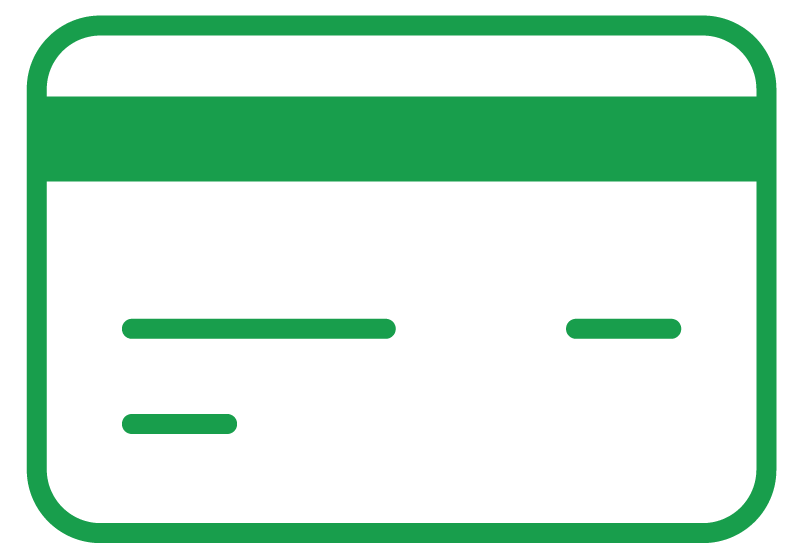If your card or phone has been lost or stolen, or if you think someone may have attempted to scam you, call us immediately at 0844 228 228 (open 24/7).
See below for specific instructions.
If your card or phone has been lost or stolen, or if you think someone may have attempted to scam you, call us immediately at 0844 228 228 (open 24/7).
See below for specific instructions.

Has your Visa Debit card been lost or stolen? Block it immediately!
On BCV Mobile:
Go to More > Cards > Settings Card > Block the card
By phone:
Call us at 0844 228 228

Has your credit card been lost or stolen? Block it immediately!
On the Viseca one app:
Go to Card > Lock
By phone:
Call Viseca at 058 958 84 00
Here’s what to do if you suspect you’ve been a victim of fraud (such as through a fake website):
Has your smartphone been lost or stolen?
Call us immediately at 0844 228 228 – at any time of day or night – so that we can block your BCV TWINT account.



Never give out your login details or card numbers
BCV will never ask for your confidential login details, credit or debit card numbers, or CVV numbers, nor will we ask you to scan a QR code. If someone makes such a request, terminate the conversation immediately.


Criminals have devised a number of scams for obtaining customers’ banking information and stealing their money. These scams are well honed and well practiced, and planned down to the last detail. Criminals usually start by pretending to be a legitimate contact, such as a tech support employee, someone wanting to buy or sell an item online, or even a bank advisor.
Below are some examples of common scams, so that you can learn to identify them and spot risky situations.
Always proceed very carefully when you’re contacted by someone you don’t know or receive a message out of the blue.

In this kind of scam, a criminal impersonating a BCV advisor pressures you to reveal sensitive information or take some kind of action with regard to your bank accounts.
Watch out if someone:

In this kind of scam, a criminal pretending to be from tech support instructs you to install software on your computer. They then use the software to take over your computer and steal your bank account data, and eventually make fraudulent payments.
Never give out your login details or card numbers.
Remember that BCV will never ask you for your security codes or payment card numbers.
Never log into your online banking system when somebody else has control of your computer.
Watch out if someone:

Another way criminals try to get your banking information (like your credit card number) is to send out fake emails and text messages. These messages could also direct you to a fake website that looks almost exactly like your bank’s website.
Always type your bank’s URL address manually into your browser (www.bcv.ch for BCV).
Delete suspicious emails.
If you’re not sure whether an email appearing to be from your bank is authentic, contact the bank directly.
Never give your login details or card numbers to a third party.
Watch out if someone:

This scam targets people who want to buy or sell something on an online marketplace. A criminal contacts a prospective buyer or seller and asks them to provide their banking information, ostensibly to complete the transaction.
Never give your login details or card numbers to a third party.
Never use your mobile banking app to scan a QR code sent by a third party.
Exchange items in person whenever possible.
Watch out if someone:

Online marketplaces are increasingly popular options for selling second-hand goods like children’s clothing, furniture, and concert tickets. Unfortunately, criminals are highly active on these websites and use fake accounts to trick users out of their money. You’ve got to be very careful when using these websites and keep your eye out for fake accounts.
If you’re using Facebook Marketplace, check whether the individual’s or company’s profile has been verified (look for the blue verification badge).
Also check the profile details – name, picture, when it was created, content (followers and posts), and the associated URL address.
If the individual or company has an account on another social network (such as X or Instagram), compare the profile details and especially the bio, or look up the individual or company on Google.
Use the internet securely, starting with the BCV website
Make sure your connection is secure
Look for the following features:
Stay secure when you use the BCV Mobile app on your smartphone
Be careful when purchasing items on an online marketplace
Keep your eyes peeled when sending and receiving money